In an exclusive interview chairman global youth foundation Mr Towseef Raina talks to Mir Arif
Touseef Raina, you sometimes lead candle light protests at Pratap Park. What is your aim?
My colleagues in the Global Youth Foundation have been interacting with young people, mainly in north Kashmir, for the last few years, to promote peace with justice. We discuss how a stable society can be built so that we may have prosperity and a better life ahead. We have seen how so many of our leaders in the past have opened shops and tried to make money out of our sufferings. They and their children stay safe, many of them make a lot of money, and build big bungalows, while the poor end up dying and suffering torture and worse. And finally, it just keeps going on. No solution is reached. One reason is that this suits these brokers of violence and instability. They make money out of it. Also, so many of them are on the payrolls of one country or the other. They don’t have the freedom to take decisions. They have to do what they are told to do.
But what can you achieve by lighting candles at Pratap Park?
You have noticed our candle light vigils at Press Colony. But that is not all we do. And that is not the only place we have candle-light vigils. We have done them elsewhere also, where only poor people live and only poor people come. They get noticed at Pratap Park because the media covers it. We do that to draw attention to certain issues. For example, we took up the issue of Afzal Guru – while he was still alive! For that also, we had a candle-light demonstration. At that time, our so-called leaders were sleeping. They had been sleeping for years, not doing anything to defend his case in the courts. You see, many young people feel that it suits our so-called leaders, whether they are mainstream or separatist, that poor, helpless people die.
Please understand that candle-light demonstrations are only a small part of what we do. We interact with young people, have discussions, try to understand the world around us, how it is changing, what our challenges are, what opportunities we have, how we can make our world a better, safer, more prosperous place. We want that today’s young generation also should not be wasted.
What good did your candle-light protest do, for example for Afzal Guru?
We could not save his life, agreed. Unfortunately, far more powerful people did not share our idea. But at least we have the satisfaction that we did what we could. We are nobody, but we wrote a letter to the President of India. I asked for permission to meet him in Tihar. I visited his family and offered help while he was still in jail. We started a signature campaign. And this was not easy. We were threatened. I was personally summoned, with some of my colleagues, and we were told we would be locked up in jail. Even after that, when there was total curfew after his execution, and there was no transport, I walked for the whole day, almost all the way from Srinagar to Baramulla, to support his family and help them with the chahrum, with whatever little I could. No so-called leader was there. I did what I could. That’s all I can say.
You seem to be headed towards a political career. Do you plan to fight elections?
I don’t like the idea that people just jump into electoral politics to gain power and make a career of that, and turn it into a dynastic family business. What has happened to politics here is one of the problems we young people discuss and feel strongly about. Politics must be about making change. For the moment, I am happy to work on the ground. In fact, it is too early for us even to bring change. What we are doing at this stage is to understand the issues, the world around us, and to agitate on certain issues. Power politics should not be just about getting power and become some kind of modern-day maharaja, with cars, bungalows, lal batti, security. Even those who fight elections should do so in order to make the system better, to make life better for common people, to know and understand the sufferings of common people.
Some people may think this is just a cover, to project yourself, so that you may get a chance to join power politics?
If you talk about a chance to join power politics, I have had many chances. Over the past one year, leaders from four different parties have invited me to join as their youth leader – important parties, which have been in power, in government. One of those who asked me has been an MP. The president of another party telephoned me several times. Each time, I did not accept. I don’t want to talk about it, to show off. I am only telling you this because you said some people may question my intentions. Unfortunately, we have become used to people around using social work or NGOs or politics in order to gain power or money. So we don’t believe that anyone can actually be trying to do something good for common people, for poor people, for people who are helpless.
Tell us more about yourself. How long have you been interested in these issues?
I grew up in Old Town Baramulla. Then, my parents shifted to Sangri Colony and later to Bemina. I have gone to school in Baramulla Public School and later in Srinagar. I just completed third year Mass Comm. at Baramulla Degree College.
Ever since I was a little boy, I felt strongly about issues and about what was right and wrong. I was not willing to accept blindly what someone said. I wanted to understand for myself.
What inspired you to take up this kind of leadership role?
I see it as a change-maker’s role. Even from a young age, I would talk about issues. And I found that my friends and some relatives and classmates would listen. I would explain my ideas and would argue to convince people who did not agree. I was willing to discuss with an open mind, to understand their point of view and put forward mine – on a one-to-one basis, not speeches or in public. Even just at home, with my brothers. I found that many people would finally agree with me, even if they had been strongly opposed in the beginning.
Somehow, people around started calling me a leader, to believe in me. I was just trying to help poor people, stand up for what was right. It was my nature. I would never hurt anyone. In fact, I would try to protect the weak, the sick, the poor. I would be happy taking care of those who were not well or were challenged. My parents sometimes get angry with me because, if someone is in hospital, I spend so much time, sometimes many nights, taking care of them.
Isn’t this quite strange for someone so young? 
I always say that age is only in the mind. And I have a positive mind. I feel that only the youth can bring change. We have a stake. The future is ours. And we are 60 per cent of the population. Also, the world is changing very fast. With internet and other communication channels, our world is very different from our parents’ world. Look at how much impact youth have made in places like Egypt, and in totally new, unexpected ways.
What kind of future do you want for Kashmir?
I think we need to concentrate on the small things first, before we can look for the big things. Our society is going to the dogs. Drugs, corruption, oppression, those who are in power or in positions are making fools of people for their own advantage. These things are finishing our society from inside.
The other thing that we concentrate on in the Global Youth Foundation is justice. We take up human rights at the grassroots level, not just speeches and articles and conferences. We go to police stations and to the DC’s office and we help those who are being unjustly treated. We try to help the poor who have no support.
We also work to help the sick and the needy, and we focus on child rights and women’s rights and minorities’ rights.
I want to see a secular, liberal Kashmir, where everyone has their rights and can also take responsibility for making society better. I want a stable, prosperous, happy Kashmir without bloodshed and humiliation and torture. We want our Pandit brothers to feel safe here, and be a real part of our society. In fact, we want harmony and good relations between all the different communities in the state. There is too much hatred in the world, too little understanding.
We want a Kashmir where the government and all officers and other employees work with honesty and dedication for the welfare of the people, including the poorest, the least powerful.
Could you tell us a little more about Global Youth Foundation?
It is an NGO, registered as a voluntary trust. Some of my friends started it a few years ago. I was elected the chairman. It has gradually become much more active since the past three years. We don’t try to make a big name for ourselves. We concentrate on working at the grassroots and in remote areas. We have had a very good response in these areas.
What is your message for the youth?
We are the stake-holders. Come! Let’s change this system


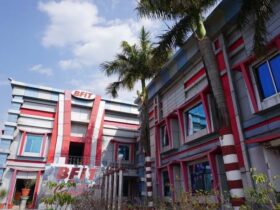





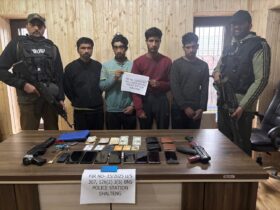
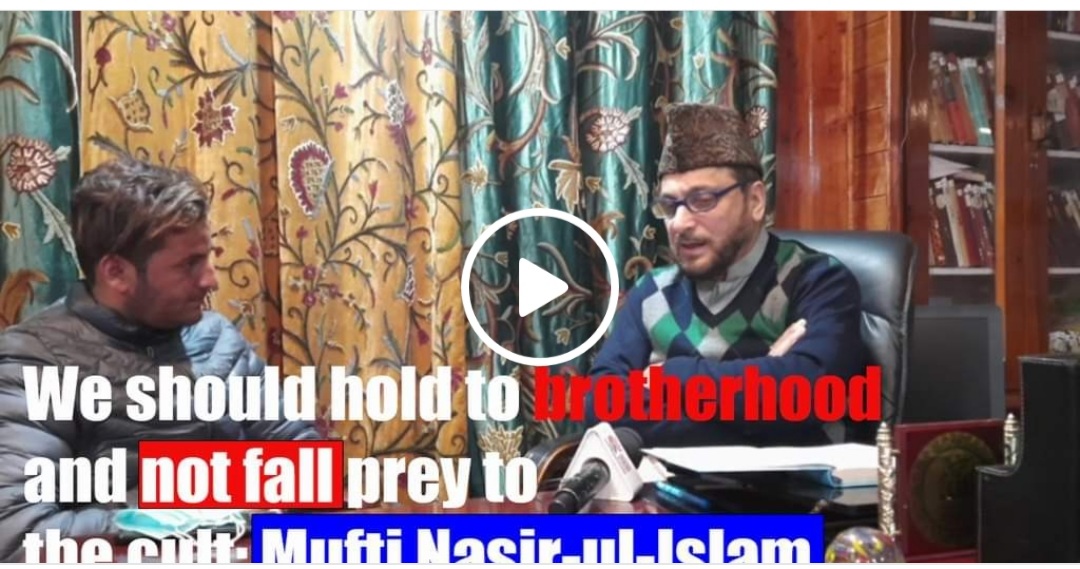
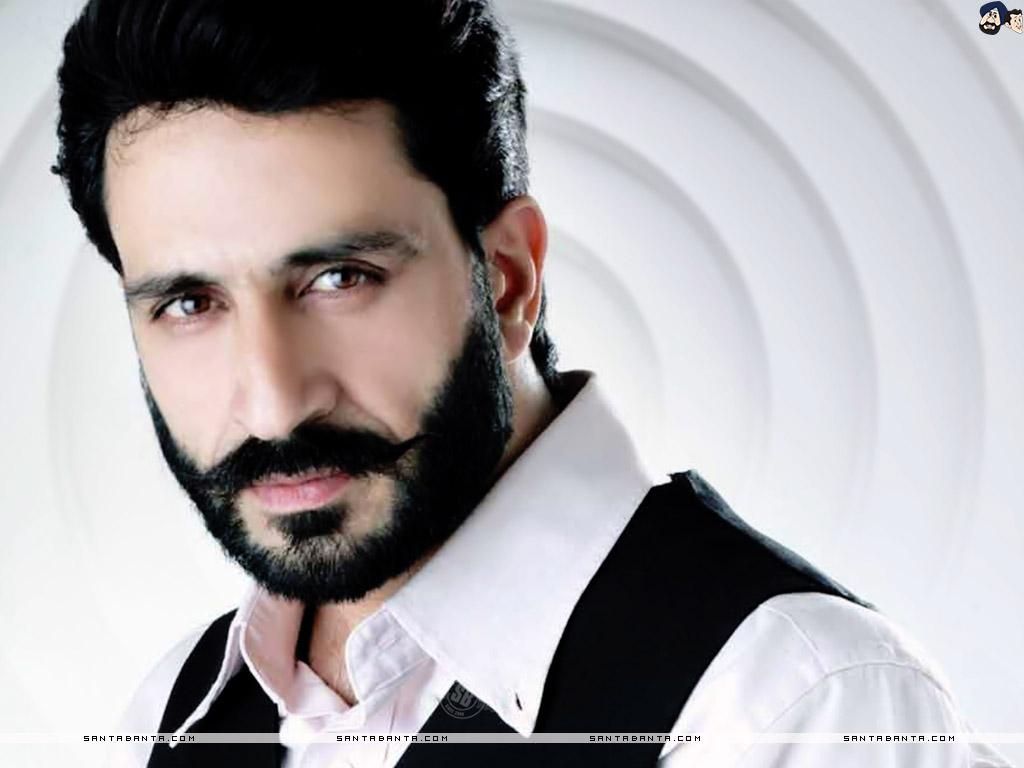
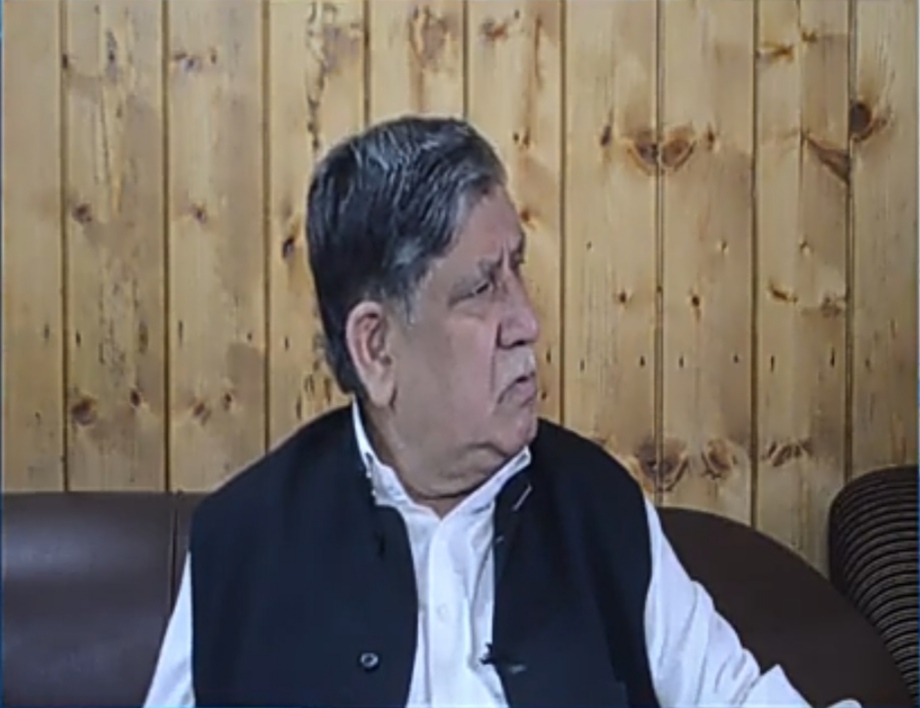
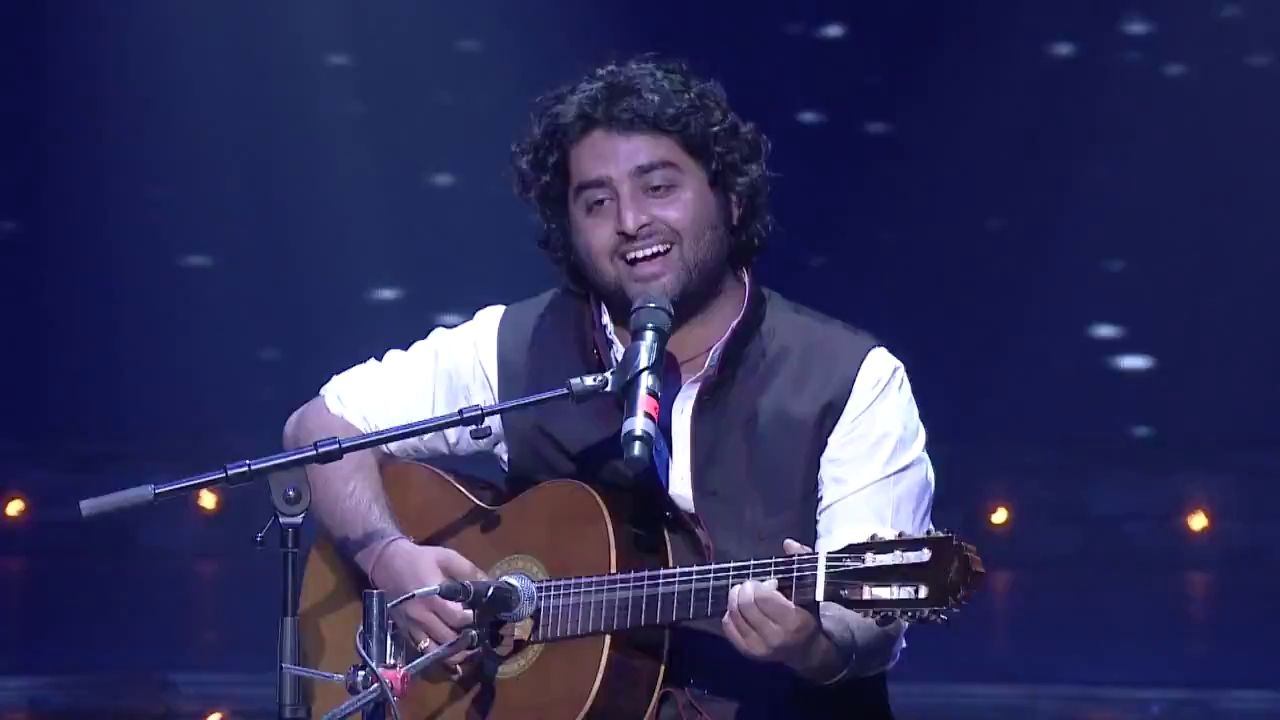
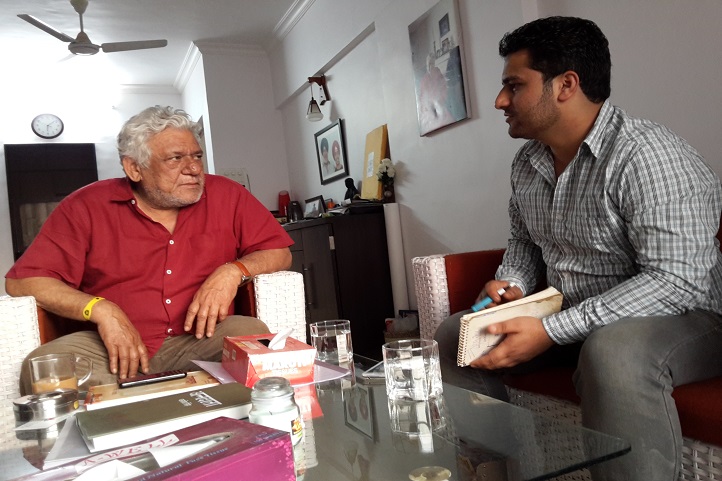
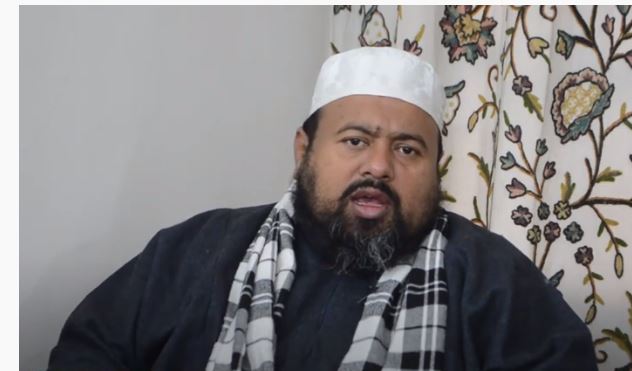
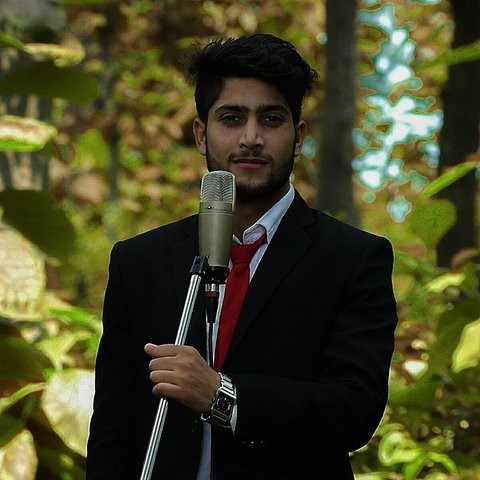
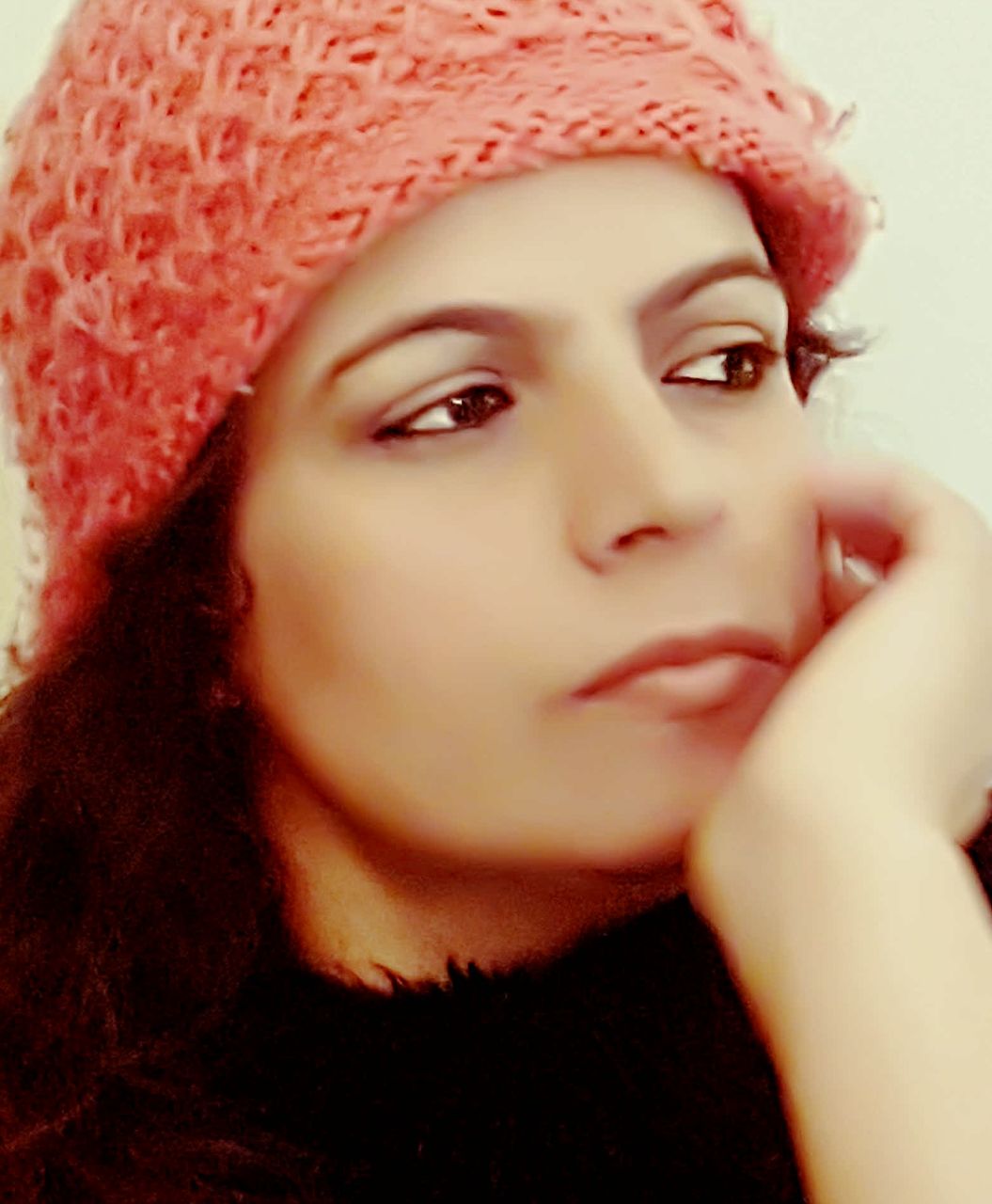
Leave a Reply